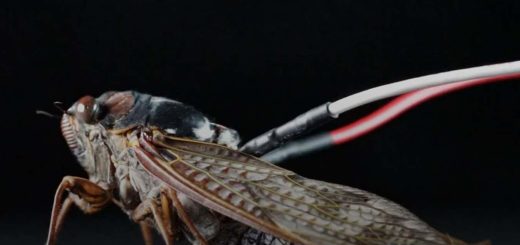West Nile virus detected in mosquitoes in the UK for the first time
“Fragments” of West Nile virus have been detected in UK mosquitoes, suggesting that the virus is circulating in the country, probably as a result of the warming climate
By Madeleine Cuff
21 May 2025 Last updated 21 May 2025
Fragments of the virus have been found in Aedes vexans mosquitoes in Nottinghamshire, UK
imv/iStockphoto/Getty Images
West Nile virus, a mosquito-borne infection that can be fatal to humans, has been detected in the UK for the first time.
The UK Health Security Agency (UKHSA) said today that a research project it runs with the Animal and Plant Health Agency (APHA) identified “fragments” of the virus from Aedes vexans mosquitoes collected from wetlands on the River Idle in Nottinghamshire in July 2023, which tells scientists the insects were carrying the pathogen.
Read more
How to tell if your immune system is weak or strong
Advertisement
Arran Folly at APHA says the virus was detected due to “pot luck” when the samples were tested by his team. Additional screening will be deployed around the Idle this year, he says, to try to catch any further instances. Nottinghamshire isn’t typically included in APHA’s screening programme, which is concentrated on the south and east of England, where infections like West Nile are considered more likely to emerge, due partly to the warmer weather typical of these areas.
Humans and horses can be infected by West Nile virus from a mosquito bite. In people, around 20 per cent of those infected will experience symptoms, which include fever, headache, body aches, vomiting and diarrhoea. In rare cases, the virus can cause serious inflammation of the brain and spinal cord, which can be fatal. There is no approved human vaccine.
UKHSA said that the virus has only been detected in two mosquito samples and there is no evidence that any humans or horses have yet been infected in the UK. The organisation said the risk to the public is very low, but added that it is issuing advice to healthcare workers to test people with brain inflammation – or encephalitis – of unknown cause.


